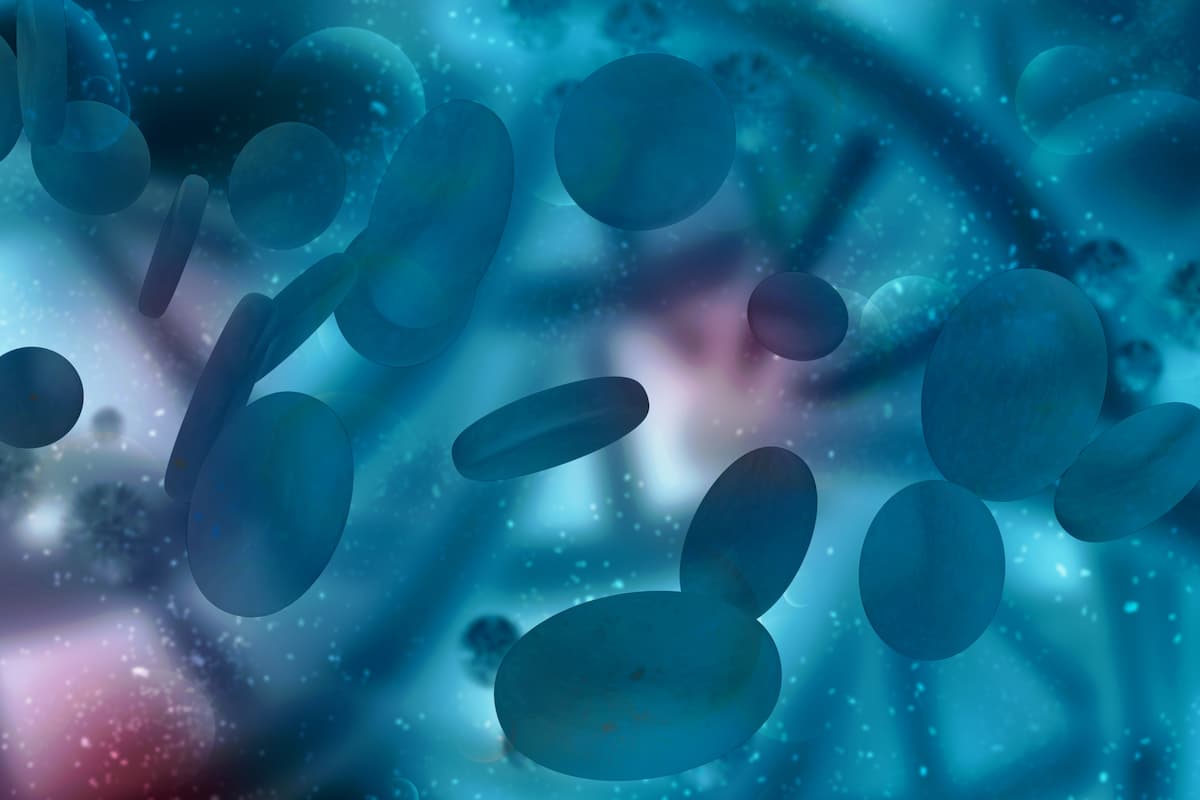Daratumumab Combo Yields Responses in Pretreated R/R Multiple Myeloma
Results from the phase 2 DARIA trial found an improved overall response rate in patients given daratumumab, ixazomib, and dexamethasone with relapsed/refractory multiple myeloma who were previously treated with lenalidomide.
In regard to the serum bone metabolism biomarkers, investigators noted that there was a change in TRACP-5b and bALP from baseline to 12 months and 15 months, of which both were significant (P < .05).

Rapid responses were observed when daratumumab (Darzalex) plus ixazomib (Ninlaro) and dexamethasone were given to patients with relapsed/refractory multiple myeloma who were pretreated with lenalidomide (Revlimid), according to the final outcomes of the phase 2 DARIA trial (NCT03746652) presented at the 2023 European Hematology Association Congress.
The overall response rate (ORR) was 64%, with 2% of patients having a complete response, 32% having a very good partial response, and 30% having a partial response. At the median follow-up of 23 months, the median overall survival (OS) was 39 months (95% CI, 17-39), the median progression-free survival (PFS) was 8 months (95% CI, 5-16), and the median duration of response (DOR) was 17 months (95% CI, 9-not reached).
Overall, 50 patients were enrolled in the trial. Patients were eligible for treatment if they had relapsed/refractory multiple myeloma, measurable disease after previous lenalidomide therapy, a Karnofsky performance status of 70 or more, and no previous anti-CD38 or ixazomib treatment.
During the induction phase of the trial, patients were given 9, 28-day cycles of intravenous (IV) daratumumab at 16 mg/kg until November 2020 and 1800 mg subcutaneously thereafter, which were administered weekly for cycles 1 and 2, every 2 weeks for cycles 3 to 6, and every 4 weeks after; 4 mg of oral ixazomib on days 1, 8, and 15 of each cycle; and 40 mg of oral dexamethasone weekly.
Patients were to continue treatment until progression or unacceptable toxicity. During the maintenance phase, patients received IV daratumumab at 16 mg/kg until November 2020 and 1800 mg subcutaneously thereafter for every 4 weeks, and 4 mg of oral ixazomib on days 1, 8, and 15.
The primary end point of the trial was ORR. Key secondary end points included safety, PFS, DOR, and changes in serum bone metabolism markers.
Patients had a median age of 69 years, 56.0% were male, the majority of patients (60.0%) had an International Staging System (ISS) score of I, and a revised ISS score of II (48.0%). A Karnofsky performance status of less than 90 was observed in 24.0% of patients and 76.0% had a score of 90 or more. In total, 64.0% of patients were refractory to lenalidomide, and 34.0% had prior allogeneic stem cell transplant.
Patients underwent a median number of treatment cycles of 9, and the time to first response was 1 month. At the time the study was completed, 26% of patients were still on treatment. Reasons for treatment discontinuation included progressive disease (58.0%), physician decision (26.0%), fatal serious adverse events (AEs; 6.0%), and AEs (4.0%).
In regard to the serum bone metabolism biomarkers, investigators noted that there was a change in TRACP-5b and bALP from baseline to 12 months and 15 months, of which both were significant (P < .05). Additionally, the changes in osteocalcin were observed at 3 months, 12 months, and 15 months.
At least 1 grade 3 or higher AEs occurred in 42% of patients, the most frequent being thrombocytopenia (18.0%). The most frequent serious AEs included pneumonia (4.0%) and acute kidney injury (4.0%). A total of 28.0% of patients experienced at least 1 serious AE. There were 4 cases of fatal serious AEs from pneumonia, infection, urinary tract infection, and lower respiratory tract infection.
Reference
Terpos E, Gavriatopoulou M, Katodritou E, et al. Daratumumab, ixazomib, and dexamethasone in patients with relapsed/refractory multiple myeloma pre-treated with a lenalidomide-based regimen: final outcomes of the phase 2 DARIA study. Presented at the 2023 European Hematology Association Congress; Frankfurt Germany, June 8-11, 2023. Poster 901.
Targeted Therapy First Strategy Reduces Need for Chemotherapy in Newly Diagnosed LBCL
December 7th 2025Lenalidomide, tafasitamab, rituximab, and acalabrutinib alone may allow 57% of patients with newly diagnosed LBCL to receive less than the standard number of chemotherapy cycles without compromising curative potential.